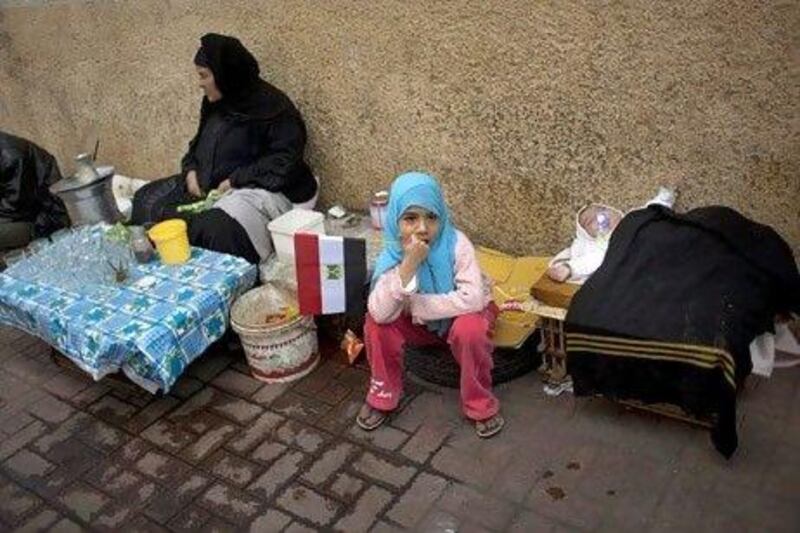It is not the first time revolution has been fuelled by tea. A growing taste for the beverage across Egypt over the recent weeks of street protests has helped to drive demand for the product - with prices keeping pace.
"In the last three weeks, they've been drinking more tea than anything else," said Flip van Rijen, the director of Van Rees, a tea trader and supplier based in Rotterdam.
Now traders have warned prices are set to soar as surging demand from Asian and Middle East markets meets faltering production worldwide.
Tea is the latest in a string of commodities to experience a surge in prices. Crops such as wheat, corn, coffee and cotton have all rocketed in price in the face of rebounding global demand after the end of the worldwide financial downturn.
"Normally higher crops mean lower prices, but the opposite happened because there was more demand than ever," said Mr van Rijen.
________________________________
Editor's Pick - Abu Dhabi set to host first IPO in two years
________________________________
India's tea board said yesterday exports from the world's second-largest tea grower (after China) declined 2.3 per cent to 193.3 million kilograms last year, after a pest attack devastated the nation's output. Shipments in December were 24.4 per cent lower than the same period a year earlier.
The average price of tea, compiled by the UN Food and Agriculture Organisation, has stayed flat for the past three months. However, falling prices in India have masked a sharp increase in the prices of tea auctioned in Colombo and Mombasa, the three auctions that compose the UN organisation's average price.
Both Kenyan and Sri Lankan tea prices last month, at 294.5 cents per kg and 355.9 cents per kg respectively, were at their highest in more than a year.
But falling prices in Calcutta could be coming to an end because of lower production in India, where it is off-season for tea production. Mr van Rijen said he expected prices to rise, even though last year's global crop was 110,000 tonnes more than in 2009.
Consumption worldwide is increasing greatly, eliminating the surpluses Sri Lankan and Kenyan tea producers had built up, Mr van Rijen said.
Indian consumption was increasing at a rate of 1 to 2 per cent a year, he said, while Iran, Iraq, Saudi Arabia and Egypt were all experiencing high rates of demand.






